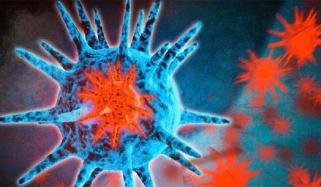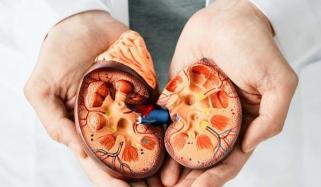
Recent research has revealed surprising findings regarding personality changes after organ transplants.
Contrary to previous beliefs, these changes are not limited to heart transplant recipients but can occur after any organ transplant.
In one case, a person who hated classical music developed a passion for the genre after receiving a musician’s heart.
While in another case, a 45-year-old man remarked how, since receiving the heart of a 17-year-old boy, he loves to put on headphones and listen to loud music, a habit he had never previously engaged in prior to the transplant.
Conversely, some recipients may experience feelings of guilt or depression, which could also affect their personality.
However, there's evidence suggesting that these changes aren't solely psychological; biology may also play a role.
Moreover, the transplanted organ's cells perform their expected functions but also release hormones or signaling molecules that affect various parts of the body.
For example, the heart releases peptide hormones that regulate fluid balance and influence mood through interactions with the nervous system.
These substances may alter the recipient's mood and personality based on the donor organ's hormone levels.
Additionally, memories are stored not only in the brain but also in neurochemical processes involving nerves and specialized chemicals.
While, many nerves governing organ function are severed during transplant surgery, evidence suggests that they may partially regenerate over time.
These neurochemical actions could influence the recipient's personality based on memories from the donor.
Furthermore, cells from the donor and their DNA are found circulating in the recipient's body post-transplant, stimulating immune responses that could trigger personality changes.















